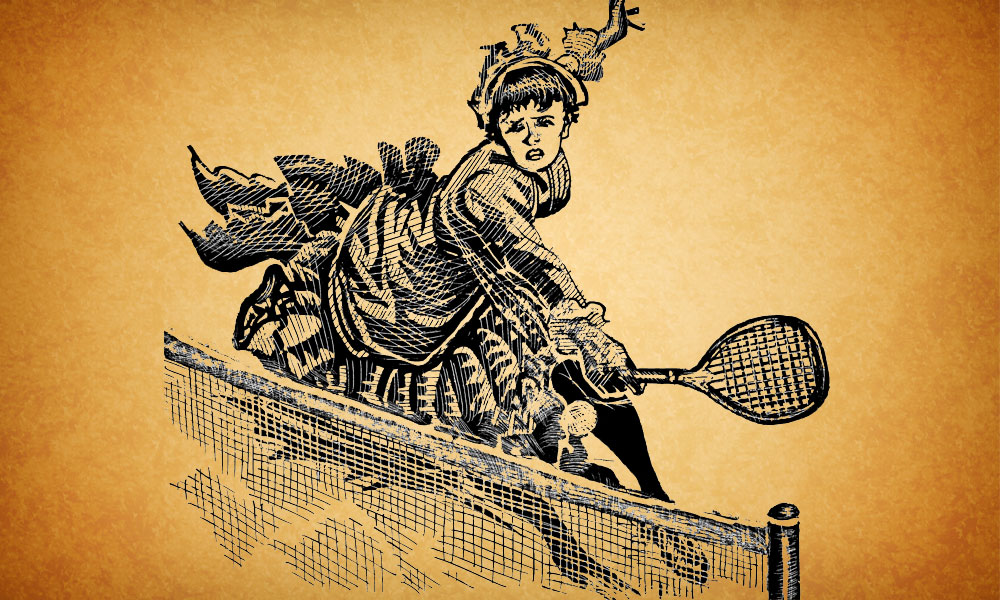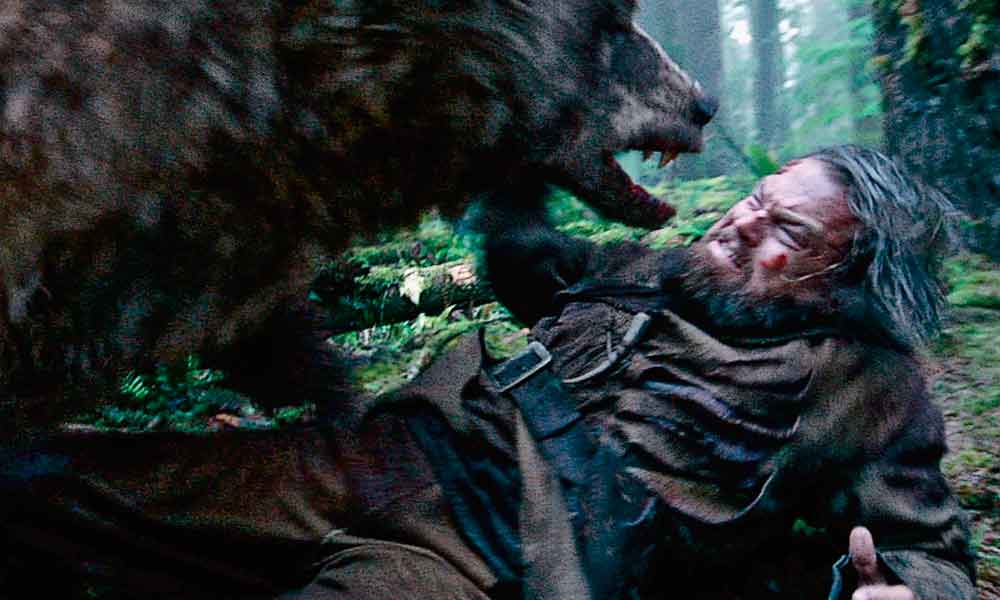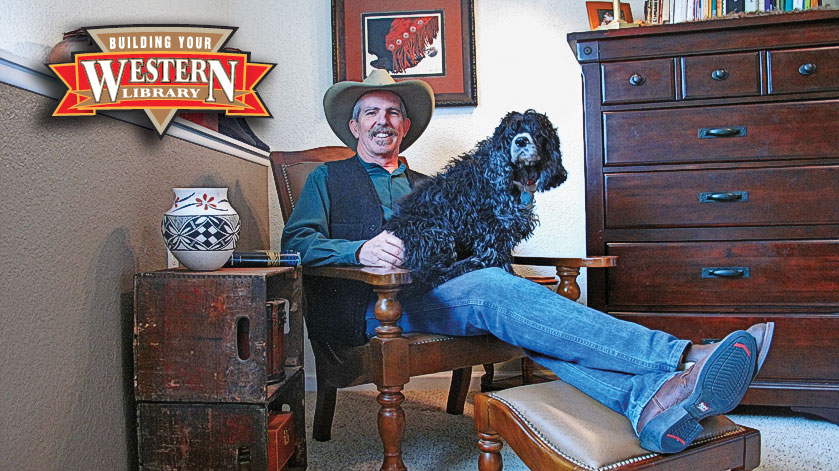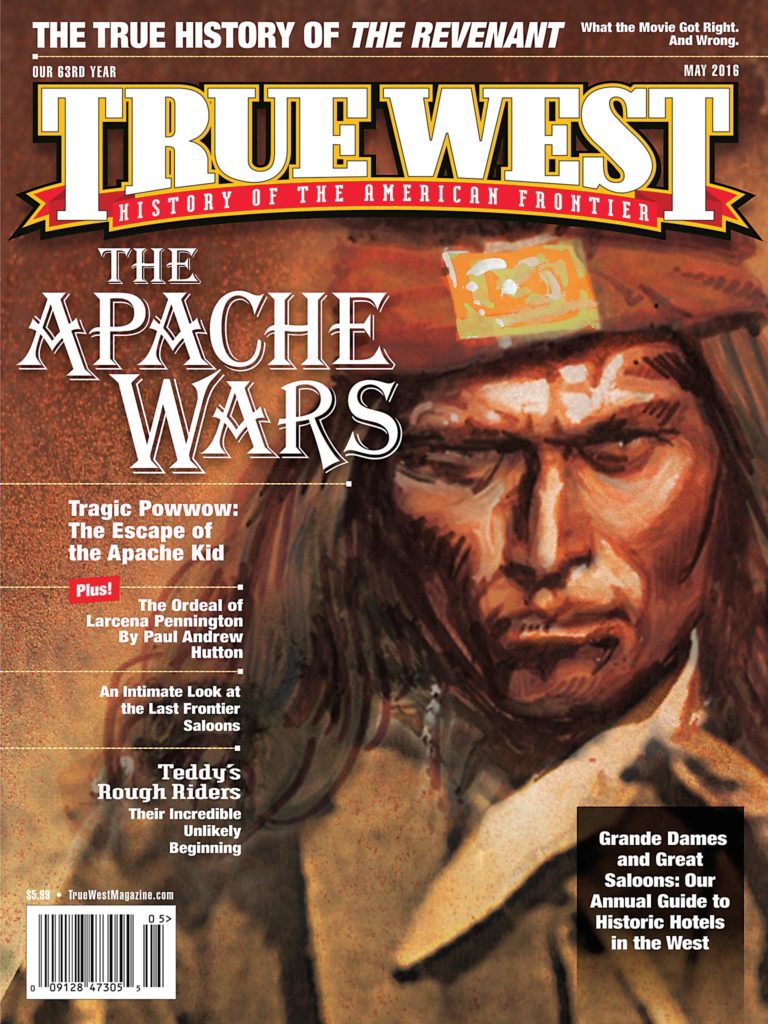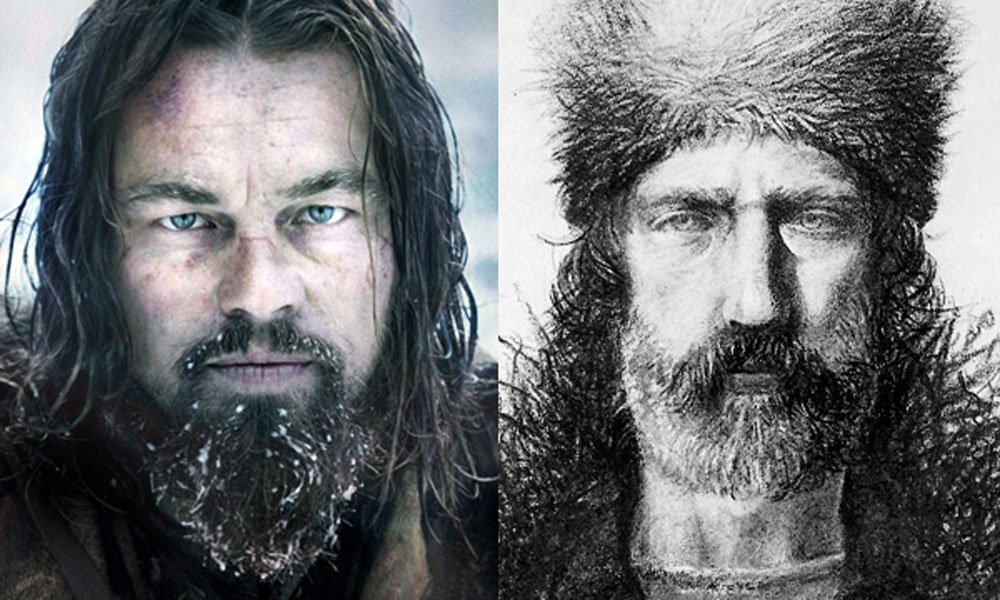
-Sketch courtesy Bruce Bradley-
Hollywood finally got around this year to commemorating a mountain man that some have called “The Luckiest man in the West”–Hugh Glass. The movie The Revenant–with the academy award won by its star, Leonardo DiCaprio—recounted just one of Glass’ incredible life experiences. He boasted that he was just a kid when he escaped from the pirate Jean Lafitte. Later, Glass was said to outwit an Indian Chief who intended to burn him at the stake. And then there was the time he survived an ambush that left him with an arrowhead buried in his back. But it was his incredible, almost unbelievable survival of a grizzly bear attack in August of 1823 that Hollywood found most fascinating—and viewers found so bloody, it was sometimes hard to watch.
One of his trapping party recorded in his diary, “The bear caught him and hauled him to the ground, tearing and lacerating his body in a fearful rate.” He was so mangled, the party went ahead, promising extra pay to two men they left behind to bury Glass when he died. But Glass wasn’t ready to die, and the two overseers—a young Jim Bridger and an older and compassionate-challenged James Fitzgerald—abandoned Glass. They claimed he’d died, taking his favorite rifle as proof, and rushed to Fort Kiowa to collect their pay. But Glass still didn’t die.
Crawling, stumbling and limping through his pain, he headed toward the Fort. It was 300 miles away. Glass ate berries and the remains of a buffalo carcass and was aided by some Sioux Indians along the way. After regaining his strength at the Fort, Glass headed to Missouri to find the men who abandoned him. Glass cited Bridger’s youth when he pardoned him, but there was no such reprieve when he caught up with Fitzgerald in June of 1824. Glass told him, “Go false man and answer to your own conscience and to your God.” And then Hugh Glass demanded Fitzgerald turn over his favorite rifle.


